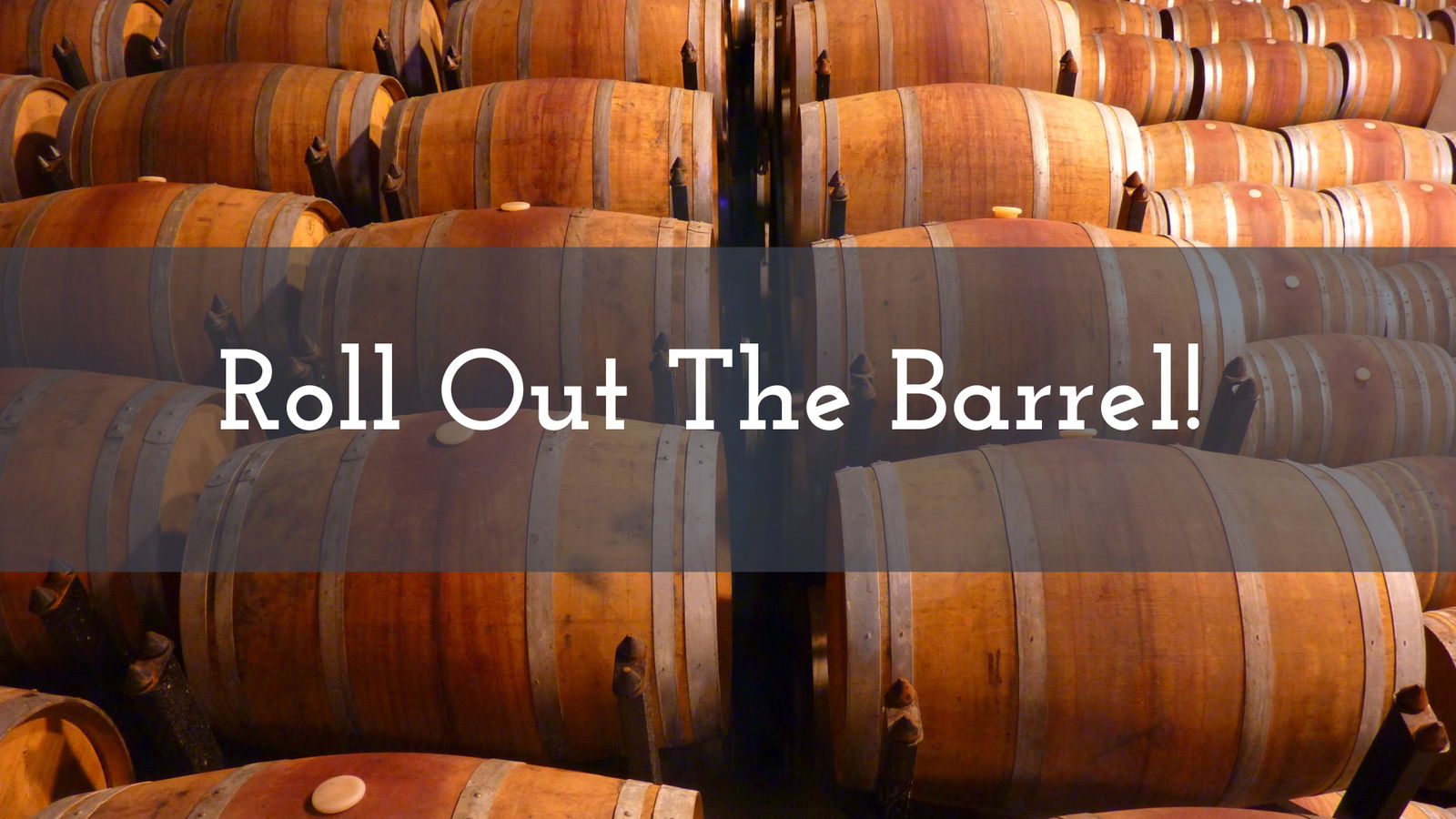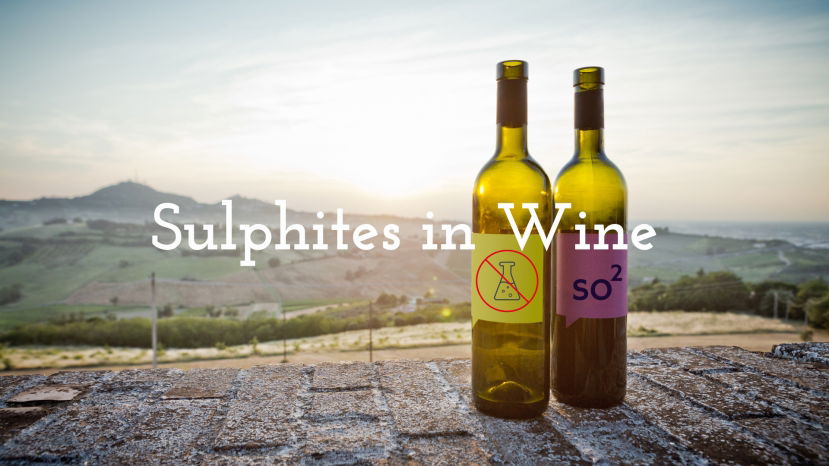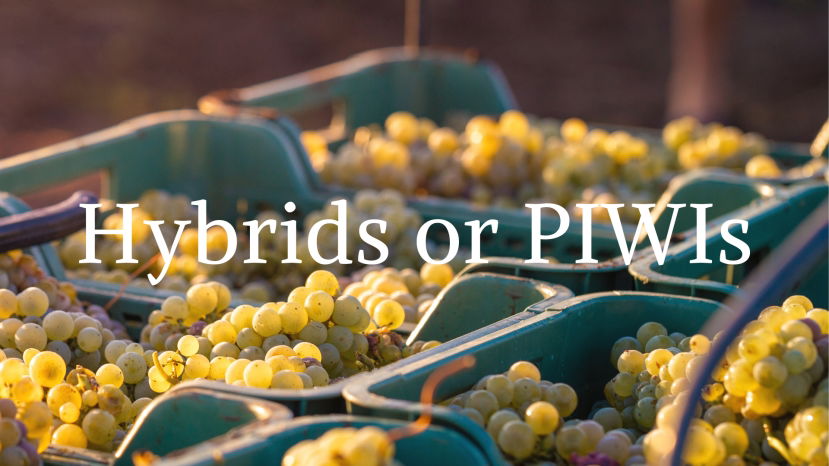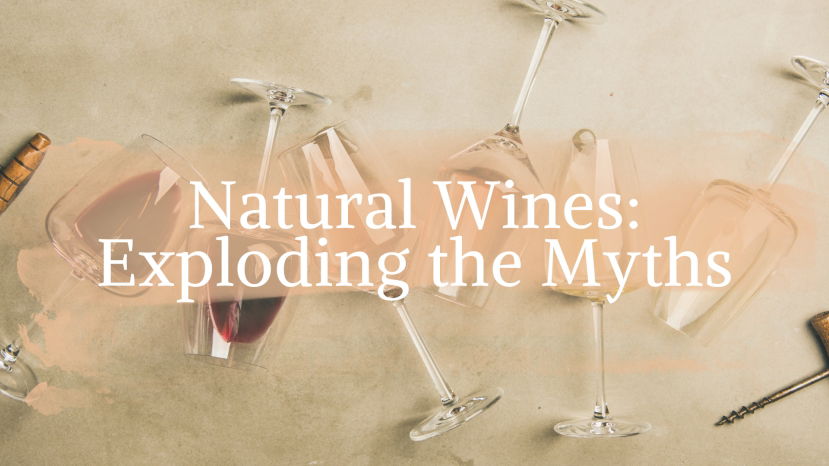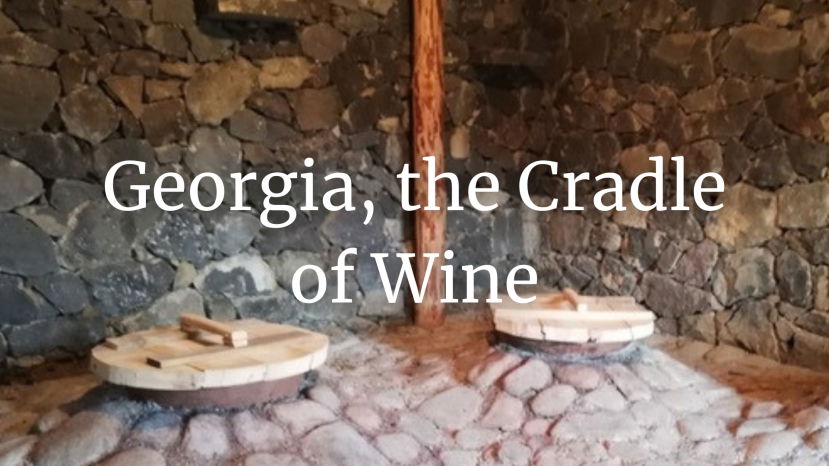
Roll out the Barrel
Wine has been fermented and aged in barrels for centuries. Originally, it was just a convenient material from which to fashion vessels – a bit less cumbersome than clay, and a bit more flexible too. But in the 20th century, the flavour and character of oak became integrable to many popular wine styles, such as the red wines of Bordeaux and Rioja and Chardonnay from Napa Valley. Now, the idea that the best wines – and the most expensive – are those that have been oak aged is ingrained into the marketing and selling of wine at every level.
Do you actually need oak to make the greatest wine? What are the alternatives? This webinar looks at how the winemaker’s love affair with wood developed. Why is there such an immutable link between a wine’s price and quality and whether it was wood aged or not?
What actually happens when a wine ferments or ages in a barrel? We’ll look at micro-oxidation, why there is a difference between different barrel formats and also why some winemakers consider it important to ferment in the barrel and not just age. Why is oak the dominant type of wood used for barrels, and what other woods can be used? We’ll look at alternatives such as acacia, cherry and chestnut and how they all impart different qualities to the wine. What is the difference between oak from different parts of the world, and different quercus subspecies? Why is oak from France’s famed forest so highly valued? What are the challenges of keeping barrels clean, and what can go wrong when they become infected? Why does no-one want to buy a second-hand barrel for white wine production? What is the role of the cooper, and why will wineries pay such a premium for barrels from a famous barrel maker? We also look at the rise of superstar coopers such as Stockinger in Austria. Lastly, did you ever wonder how it’s possible for a $5 wine to have an oaky taste? Barrels are expensive, but they’re not the only option. There are many other ways that winemakers fool you into thinking barrels were involved in the wine’s production.
If you ever questioned the role of wood in the making of wine, this webinar will take you deep into the why, what and how, exploring all the angles.
Presenter: Simon J. Woolf
Simon J Woolf is an award-winning English author and wine writer, currently based in The Netherlands.
An acknowledged expert on the developing niche of natural wine, he's written for Decanter magazine, Meininger’s Wine Business International, World of Fine Wine and Noble Rot, and many other publications. Simon is the editor of The Morning Claret, an online wine magazine which specialises in natural, biodynamic, organic and orange wine.
Simon's first book "Amber Revolution - How the world learned to love orange wine" was published in 2018, and won the Roederer Wine book of the year award in 2019. Simon has also won numerous awards for his magazine features and online columns.
Simon travels regularly to countries such as Georgia, Slovenia, Italy and Portugal, where he continues to research the stories and traditions behind artisan winemaking. His second book, Foot Trodden, a collaboration with photographer and wine communicator Ryan Opaz, was published in October 2021. It is described as a journey deep into the soul of Portuguese wine.
Simon is also active as a presenter, editor, wine judge and translator.
